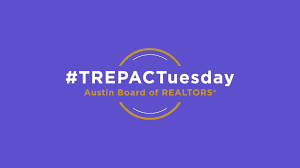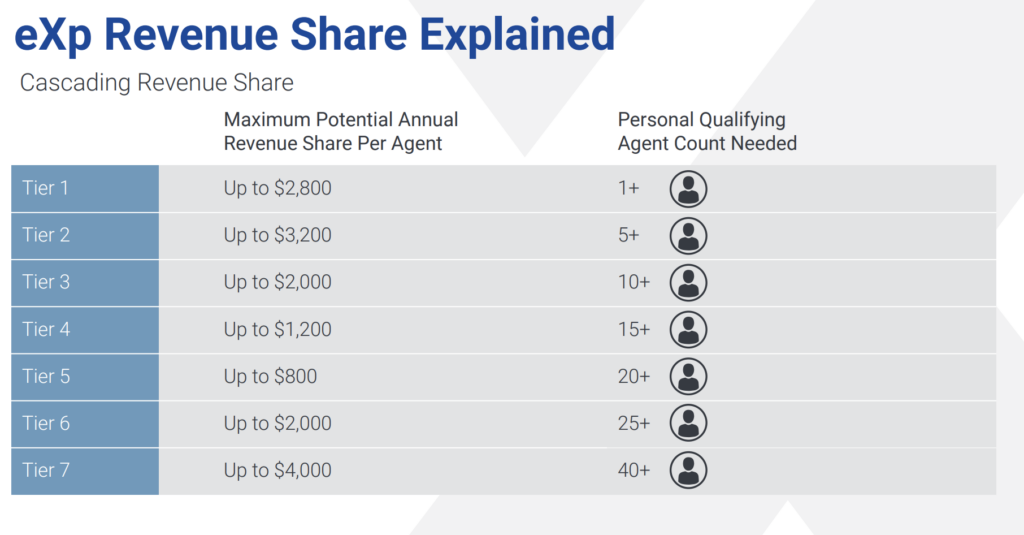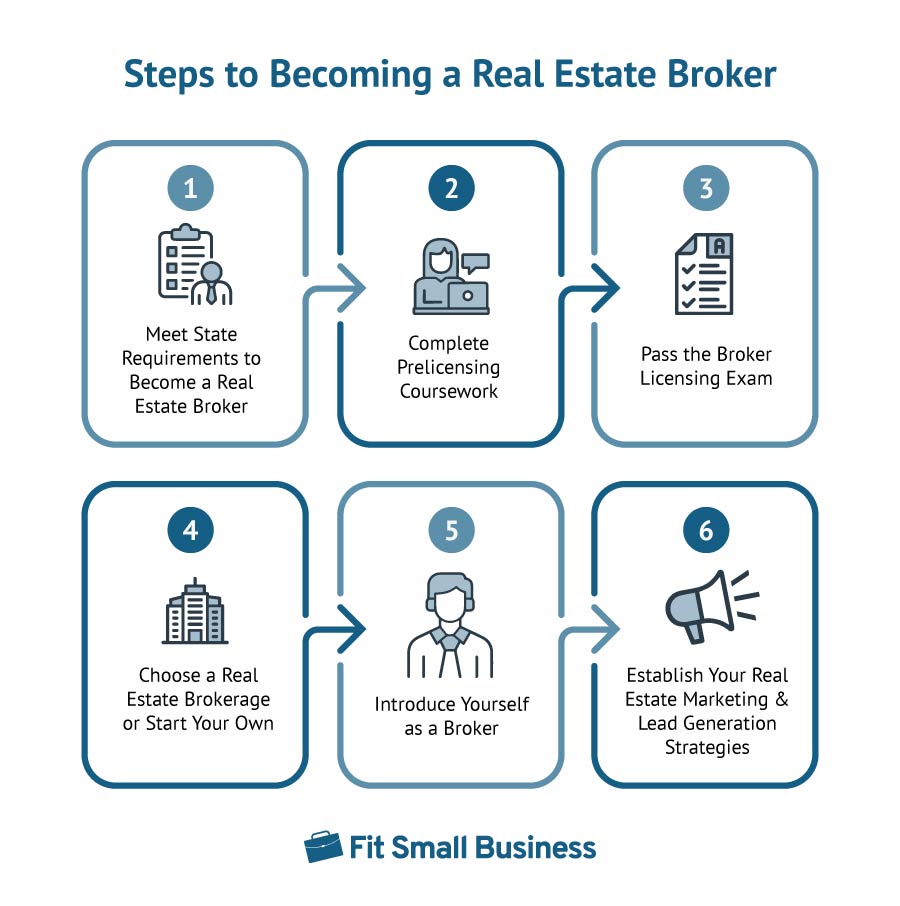
There are many books available to help you get started as a real estate agent. These books can also give you valuable advice for working with clients and negotiating sales deals. Here are the top real estate agent books that will help you overcome rejections and be a social media expert.
Top Real Estate Agents by Dave Crumby. With advice from experts like Spencer Rascoff CEO of Zillow and Nobu Hata Director at NAR, this book is great for both novice and more experienced agents looking to expand their business. It's an inspirational read that will help you build smarter habits, become more authentic in your sales techniques, and refocus your business on your clients regardless of the state of your local real estate market.
Sara Turney shares the funny side of real estate by sharing some of my insights. Not many people realize how fun and humorous a career in real estate can be. This book is filled full of funny insight that will make you smile and can help you maintain a positive attitude even when you have to deal with difficult clients.

Stephen Covey's Psyche-Cybernetics is the definitive guide to reaching your goals and preparing your mind for success. This book is essential reading for anyone looking to make great strides in their lives. This book is timeless and will help prepare you for the new real estate career.
Tom Hopkins: How to Master The Art and Science of Selling It is still very relevant to today's real-estate market.
Bob Burg has another book called Endless Referrals. This book will show you how to turn clients into friends and clients. This book was written by a master in relationship building. You will learn how to leverage relationships to obtain more referrals.
Predictably irrational: How we Buy and Sell Homes by Dan Ariely. This guide will give you insight into the psychology behind clients' decisions and help you in your real-estate career. You will gain valuable insight into how you can work with clients who might be anxious about the real estate marketplace.

The Best Things to Do in Tough Times. Written by Gary Keller and Jay Papasan, this book is perfect for agents who are going through tough times. It will help you develop the mindset of a top producer and turn adversity into victory.
The Millionaire Real Estate Agent: How to Create a Big-Time Business From the Ground Up by Watters and Pounds If you're an aspiring broker, this is a must-read. It will take you step-by-step through how to build a successful business in real estate and be a top seller in your area.
FAQ
Do I require flood insurance?
Flood Insurance covers flood damage. Flood insurance can protect your belongings as well as your mortgage payments. Find out more about flood insurance.
How much money should I save before buying a house?
It depends on the length of your stay. It is important to start saving as soon as you can if you intend to stay there for more than five years. However, if you're planning on moving within two years, you don’t need to worry.
What is reverse mortgage?
A reverse mortgage lets you borrow money directly from your home. It allows you access to your home equity and allow you to live there while drawing down money. There are two types: conventional and government-insured (FHA). A conventional reverse mortgage requires that you repay the entire amount borrowed, plus an origination fee. FHA insurance covers your repayments.
Statistics
- Over the past year, mortgage rates have hovered between 3.9 and 4.5 percent—a less significant increase. (fortunebuilders.com)
- This seems to be a more popular trend as the U.S. Census Bureau reports the homeownership rate was around 65% last year. (fortunebuilders.com)
- This means that all of your housing-related expenses each month do not exceed 43% of your monthly income. (fortunebuilders.com)
- When it came to buying a home in 2015, experts predicted that mortgage rates would surpass five percent, yet interest rates remained below four percent. (fortunebuilders.com)
- 10 years ago, homeownership was nearly 70%. (fortunebuilders.com)
External Links
How To
How to find an apartment?
Moving to a new place is only the beginning. This takes planning and research. This includes researching the neighborhood, reviewing reviews, and making phone call. You have many options. Some are more difficult than others. Before renting an apartment, you should consider the following steps.
-
Online and offline data are both required for researching neighborhoods. Online resources include websites such as Yelp, Zillow, Trulia, Realtor.com, etc. Online sources include local newspapers and real estate agents as well as landlords and friends.
-
You can read reviews about the neighborhood you'd like to live. Yelp. TripAdvisor. Amazon.com have detailed reviews about houses and apartments. Local newspaper articles can be found in the library.
-
Call the local residents to find out more about the area. Talk to those who have lived there. Ask them what they liked and didn't like about the place. Ask for recommendations of good places to stay.
-
Check out the rent prices for the areas that interest you. Renting somewhere less expensive is a good option if you expect to spend most of your money eating out. However, if you intend to spend a lot of money on entertainment then it might be worth considering living in a more costly location.
-
Find out more information about the apartment building you want to live in. How big is the apartment complex? How much is it worth? Is it pet-friendly? What amenities is it equipped with? Are you able to park in the vicinity? Are there any special rules for tenants?